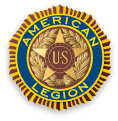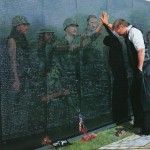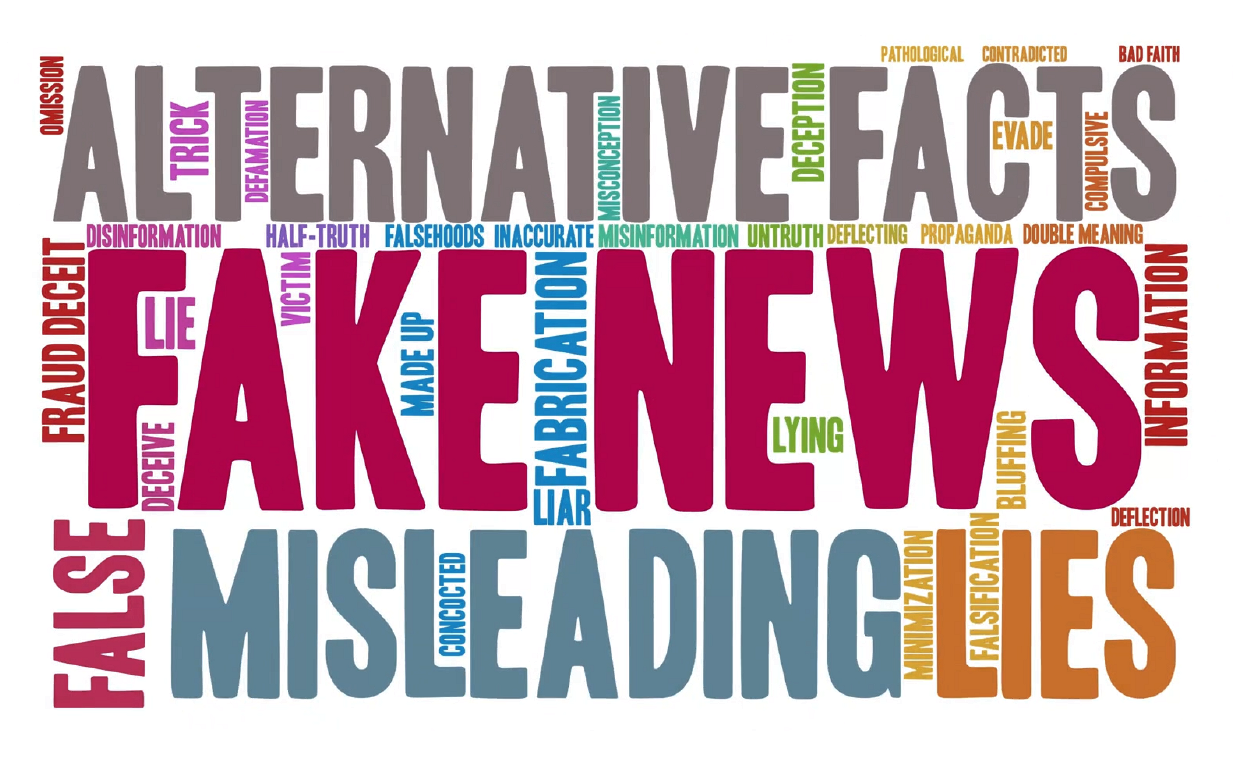WASHINGTON DC (September 19, 2012) —The Department of Veterans Affairs (VA) has approved $28.4 million in grants to fund 38 projects in 25 states and the District of Columbia that will provide transitional housing to homeless Veterans. Among these 38 projects, 31 will provide temporary housing to homeless Veterans with the goal that they will retain the residence as their own.
“As we drive toward our goal to end homelessness among Veterans by 2015, VA continues to find innovative ways to permanently house Veterans who were formerly homeless,” said VA Secretary Eric K. Shinseki. “Under President Obama’s leadership, we have made incredible strides in creating programs to aid these brave men and women who have served our Nation so well.”
Thirty-one of the grants were awarded through VA’s Homeless Providers Grant and Per Diem Program’s (GPD) “Transition in Place” model. The program allows Veterans the opportunity to take over payment of a lease instead of moving out after using VA services—substance use counseling, mental health services, job training and more. Other VA programs require Veterans living in transitional housing to move out after 24 months.
A list of the grant recipients can be found at http://www.va.gov/HOMELESS/GPD.asp.
GPD helps close gaps in available housing for the nation’s most vulnerable homeless Veterans, including women with children, Indian tribal populations, and Veterans with substance use and mental health issues.
Those receiving funding have undergone a rigorous review by teams of experts rating each application under objective criteria to ensure that those funded have the ability to provide the services described and a solid plan to get these Veterans into housing with a high probability of obtaining residential stability and independent living.
“Securing permanent housing is a vital step in the journey of our homeless Veterans,” said Dr. Susan Angell, executive director for VA’s Veterans Homeless Initiative. “This is the last piece of the puzzle, and it is crucial for them in continuing to lead independent lives.”
 Community-based programs funded by GPD provide homeless Veterans with support services and housing. GPD grants are offered annually as funding is available by VA’s National Homeless Program.
Community-based programs funded by GPD provide homeless Veterans with support services and housing. GPD grants are offered annually as funding is available by VA’s National Homeless Program.
Lisa Pape, national director of homeless programs for the Veterans Health Administration (VHA), which oversees GPD, said VHA’s focus is creating and strengthening community services around the country so that homeless Veterans get the support they need.
“Our focus is creating a team of community support—pairing a variety of services, such as mental health support, employment assistance and job training with the essential component of housing,” said Pape. “Whether it is aid in overcoming substance use or finding a job, a community helping hand is exactly what these Veterans need to lead a better quality of life.”
 On a single night in 2011, a national count of homeless Veterans totaled 67,495, 12 percent lower than 76,000 in 2010. As part of Obama and Shinseki’s five-year plan to eliminate Veteran homelessness by 2015, VA has committed almost $1 billion to strengthen programs that prevent and treat the many issues that can lead to Veteran homelessness.
On a single night in 2011, a national count of homeless Veterans totaled 67,495, 12 percent lower than 76,000 in 2010. As part of Obama and Shinseki’s five-year plan to eliminate Veteran homelessness by 2015, VA has committed almost $1 billion to strengthen programs that prevent and treat the many issues that can lead to Veteran homelessness.
These awards follow closely with a notice VA published asking interested organizations to submit a nonbinding letter of intent to the Supportive Services for Veteran Families (SSVF) Program to apply for initial and renewal supportive services grants by September 28, 2012.
The SSVF Program in the first 10 months of operation has assisted more than 28,000 Veterans and their families to prevent or rapidly end homelessness.
Letters of intent have no impact on the opportunity for entities to apply when funding availability is announced. These letters of intent will help VA gauge interest in the SSVF program as it seeks to make access to SSVF services available throughout the country. VA anticipates announcing a Notice of Funding Availability in the new fiscal year. Additional information can be obtained at https://www.federalregister.gov/articles/2012/08/23/2012-20761/letter-of-intent-to-apply-for-funding-available-under-the-supportive-services-for-veteran-families#h-5 .
To help a homeless Veteran or Veteran at risk of homelessness, refer them to the National Call Center for Homeless Veterans, 1-877-4AID-VET, or direct them to www.va.gov/homeless. The hotline connects homeless Veterans, Veterans at risk of becoming homeless and their families with the VA services and benefits they have earned.





Free Tax Return Preparation for You by Volunteers – The IRS Volunteer Income Tax Assistance (VITA) and the Tax Counseling for the Elderly (TCE) Programs offer free tax help for taxpayers who qualify.
The VITA Program generally offers free tax help to people who make $51,000 or less and need assistance in preparing their own tax returns. IRS-certified volunteers provide free basic income tax return preparation with electronic filing to qualified individuals in local communities. They can inform taxpayers about special tax credits for which they may qualify such as Earned Income Tax Credit, Child Tax Credit, and Credit for the Elderly or the Disabled. VITA sites are generally located at community and neighborhood centers, libraries, schools, shopping malls, and other convenient locations.
The TCE Program offers free tax help for all with priority assistance to people who are 60 years of age and older, specializing in questions about pensions and retirement issues unique to seniors. IRS-certified volunteers who provide tax counseling are often retired individuals associated with non-profit organizations that receive grants from the IRS.
In addition to traditional face-to-face tax preparation, the IRS is offering a self-assistance service at many VITA and TCE locations. If individuals have a simple tax return and need a little help or do not have access to a computer, they can visit one of the participating tax preparation sites and an IRS-certified volunteer will guide them through the process.
Find a VITA Site Near You
There are thousands of VITA sites located across the country. You may find a site near you between January and April using the VITA Locator Tool or call 1-800-906-9887.
Find a TCE or AARP Tax-Aide Site Near You
A majority of the TCE sites are operated by the AARP Foundation’s Tax Aide Program. To locate the nearest TCE site or AARP Tax-Aide site between January and April use the AARP Site Locator Tool or call 888-227-7669.
Note: Majority of the VITA and TCE sites are open annually from late January/early February to April 15. During this time, you can locate a site near you using the above locator tools.
Items you need to bring? To have your tax return(s) prepared at a VITA or TCE site you need to bring the following information with you:
Proof of identification – Picture ID
Social Security Cards for you, your spouse and dependents or a Social Security Number verification letter issued by the Social Security Administration or
Individual Taxpayer Identification Number (ITIN) assignment letter for you, your spouse and dependents
Proof of foreign status, if applying for an ITIN
Birth dates for you, your spouse and dependents on the tax return
Wage and earning statement(s) Form W-2, W-2G, 1099-R, 1099-Misc from all employers
Interest and dividend statements from banks (Forms 1099)
A copy of last year’s federal and state returns if available
Proof of bank account routing numbers and account numbers for Direct Deposit, such as a blank check
Total paid for daycare provider and the daycare provider’s tax identifying number (the provider’s Social Security Number or the provider’s business Employer Identification Number) if appropriate
To file taxes electronically on a married-filing-joint tax return, both spouses must be present to sign the required forms.
It is extremely important that each person use the correct Social Security Number. The most accurate information is usually located on your original Social Security card. If you do not have an SSN for you or a dependent, you should complete Form SS-5, Social Security Number Application. This form should be submitted to the nearest Social Security Administration Office.
If you or your dependent is not eligible to get a Social Security Number, you may need an Individual Taxpayer Identification Number (ITIN).
Hey ! I was fascinated by the points , Does someone know where I could acquire a fillable NY DTF ET-30 document to fill in ?